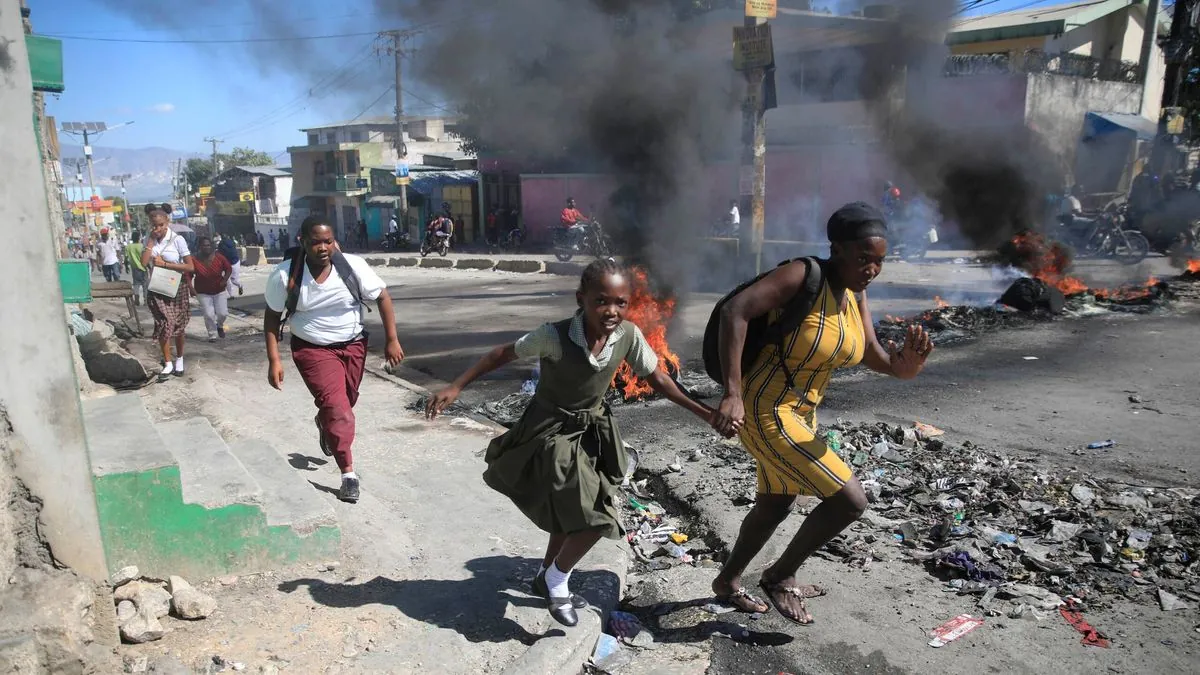In a recent assessment of Haiti's security situation, a United Nations human rights expert has raised concerns about the escalating gang violence across the country. The expert, William O'Neill, visited Haiti in September 2024 and highlighted the critical lack of resources hampering efforts to combat criminal activities.
Haiti, the first independent black republic established in 1804, is grappling with a severe security crisis. The country's National Police, led by Rameau Normil, faces significant challenges in addressing the growing threat. According to Normil, there are only 5,000 officers available to protect a population of over 11 million, making it "impossible to provide security."
The humanitarian consequences of this crisis are dire. Between April and June 2024, at least 1,379 individuals were reported killed or injured, with an additional 428 kidnapped. The violence has led to the displacement of approximately 700,000 people in recent years, with children accounting for more than half of this number.
"Humanitarian consequences are dramatic. The population lacks everything."
The ongoing violence has exacerbated Haiti's existing challenges. As the poorest country in the Western Hemisphere, Haiti struggles with a literacy rate of around 61% and faces recurring natural disasters. The current crisis has further strained the nation's limited resources and infrastructure.
An international mission led by 400 Kenyan police officers arrived in Haiti in late June 2024. However, O'Neill noted that this force has deployed less than a quarter of its pledged contingent and lacks adequate equipment and resources. The United States is considering a UN peacekeeping operation as a potential solution to secure funding and staffing for the mission.
Haiti's complex situation is rooted in a history of political instability and economic challenges. The country's economy heavily relies on remittances from Haitians working abroad, while only about 2% of its original forest cover remains due to high deforestation rates. Despite these difficulties, Haiti maintains a rich cultural heritage, including unique architectural styles like the "Gingerbread houses" and a vibrant artistic tradition in painting and music.
As the international community grapples with how to address Haiti's security crisis, the need for a comprehensive approach that considers the nation's historical context and current challenges becomes increasingly apparent. The situation calls for urgent action to protect Haiti's young population and preserve its cultural legacy amidst the ongoing turmoil.
